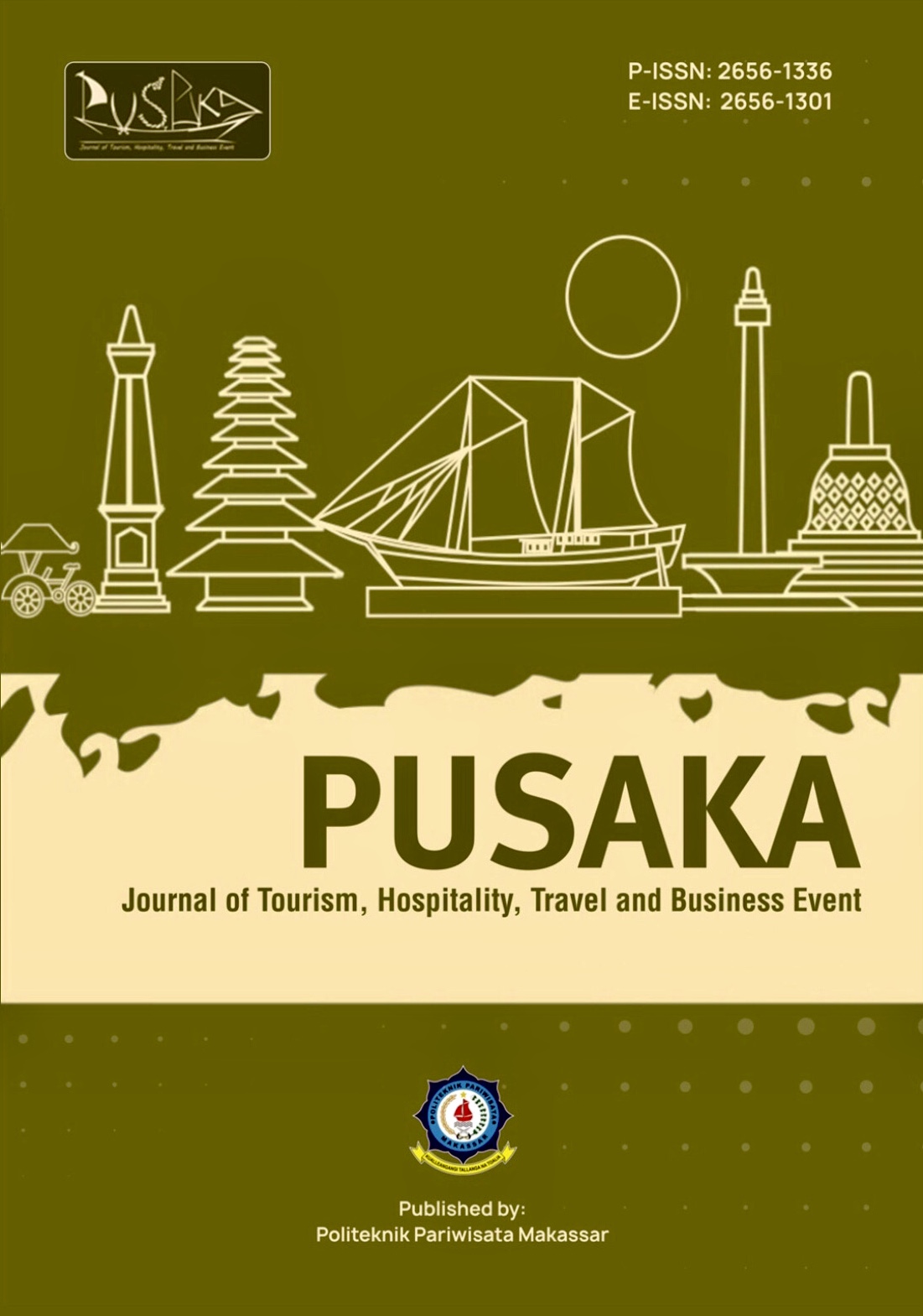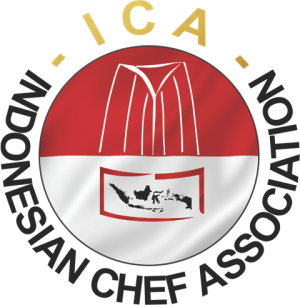Analysis of The Potential of Subak as A Sustainable Tourism Attraction Based on Agro-Tourism in The Village of Jatiluwih
DOI:
https://doi.org/10.33649/pusaka.v5i1.113Keywords:
gro-tourism, Subak, Sustainable Tourism DestinationAbstract
Subak is an inseparable part of tourism in Bali. It is an organization that consists of paddy field owners and farmers that live around the subak area where they receive water from certain dams which are used by the members individually. Thus, an effort to preserve the existence of subak in the middle of modern global culture is needed by developing subak as sustainable tourism which is currently becoming a trend in the world of tourism. In this case, arts, cultures, and religion are potentials that must be owned by a sustainable tourism destination. The problem in developing a subak’s potential as a sustainable tourism destination is the lack of local people understanding in maximizing the potential of subak in Jatiluwih village as sustainable tourism. The purpose of this research is to identify the concept and the subak’s potential as a sustainable tourism destination in Jatiluwih village, Tabanan, Bali. This research can be categorized as a qualitative descriptive study that was carried out for one month and was located in Jatiluwih village, Tabanan, Bali. The data collection is done through nonparticipatory observation, an in-depth interview with three informants consisting of a local business actor, a pekseh (the leader of the subak), as well as a local public figure, and documentation studies towards relevant literature and related documents. The result of this research shows that subak still preserves the Tri Hita Karana concept in the system of implementing agricultural activities in Jatiluwih village. On the other hand, with the existence of subak people in Bali can be wiser in managing their natural resources and they can be used according to their needs so that the capacity of the natural resources will always be maintained and always be preserved it can be used by the next generation. Subak's potential development as a sustainable tourism destination can increase the local community commodities in driving sustainable tourism based on agro-tourism so that in the future, the preservation of their natural resources can always be maintained and can be enjoyed by the next generation.
References
Cultural Landscape of Bali Province: the Subak System as
a Manifestation of the Tri Hita Karana Philosophy.
(nd). Accessed 18 March 2019, from UNESCO:
whc.unesco.org/en/list/1194
Fadjria Novari Manan, Sindu Galba. (1989). Subak System
In Bali. Jakarta: Ministry of Education and Culture.
Higgins-Desbiolles, F. (2017). Tourism Management
Perspectives, 1 -2,
https://doi.org/10.1016/j.tmp.2017.11.017
I Putu Tessa Andika, Wayan Sudarta, AAA Wulandira
Sawitri Djelantik. (2017). Knowledge and
Application of Tri Hita Karana in Subak to Support
Sustainable Food Crops Agriculture , 2.
Kadek Ayu Ratna Budhiarti, Wayan Windia, Ni Wayan
Sri Astiti. (2016). Subak Development Strategy To
Become Agribusiness Oriented Institution in
Badung Regency , 2.
Subak: Traditional Balinese Rice Field Irrigation System.
(2016). Accessed on March 18 2019, from Bali
Glory: www.id.baliglory.com/2016/04/subakbali.html
Sutawan, N. (2003). The Existence of Subak in Bali: Can
You Survive The Challenges.
Sutawan, N., M. Swara, W. Windia, W. Suteja, W. Sudana
and K. Suamba. (1995). Revenue and Expenditure
of Subak and Subak-gede Organizations in Yeh Ho
Subak-agung, Tabanan Regency and Gangga Luhur
Subak-agung, Buleleng Regency, Bali Province.
Denpasar: Udayana University.
Sutawan, N. (2004). Subak Experiencing Globalization
Challenges: in Revitalizing Subak in Entering the
Era of Globalization. Editors Gde Pitana and Gede
Setiawan AP. Andi Offset Publisher. Denpasar.
Windia, W. (2006). Transformation of Subak Irrigation
System Based on Tri Hita Karana. PPS
Dissertation- Gajah Mada University. Yogyakarta.
Downloads
Published
How to Cite
Issue
Section
License

This work is licensed under a Creative Commons Attribution-ShareAlike 4.0 International License.






















